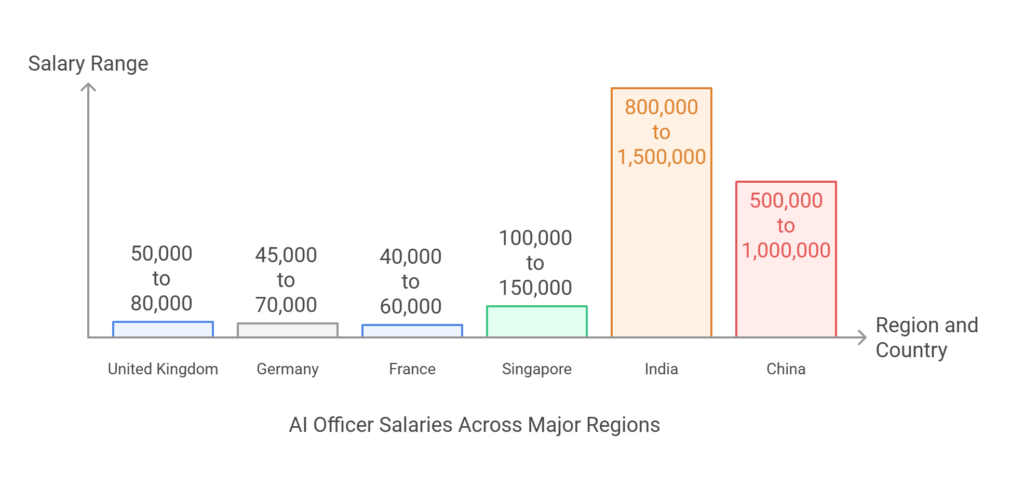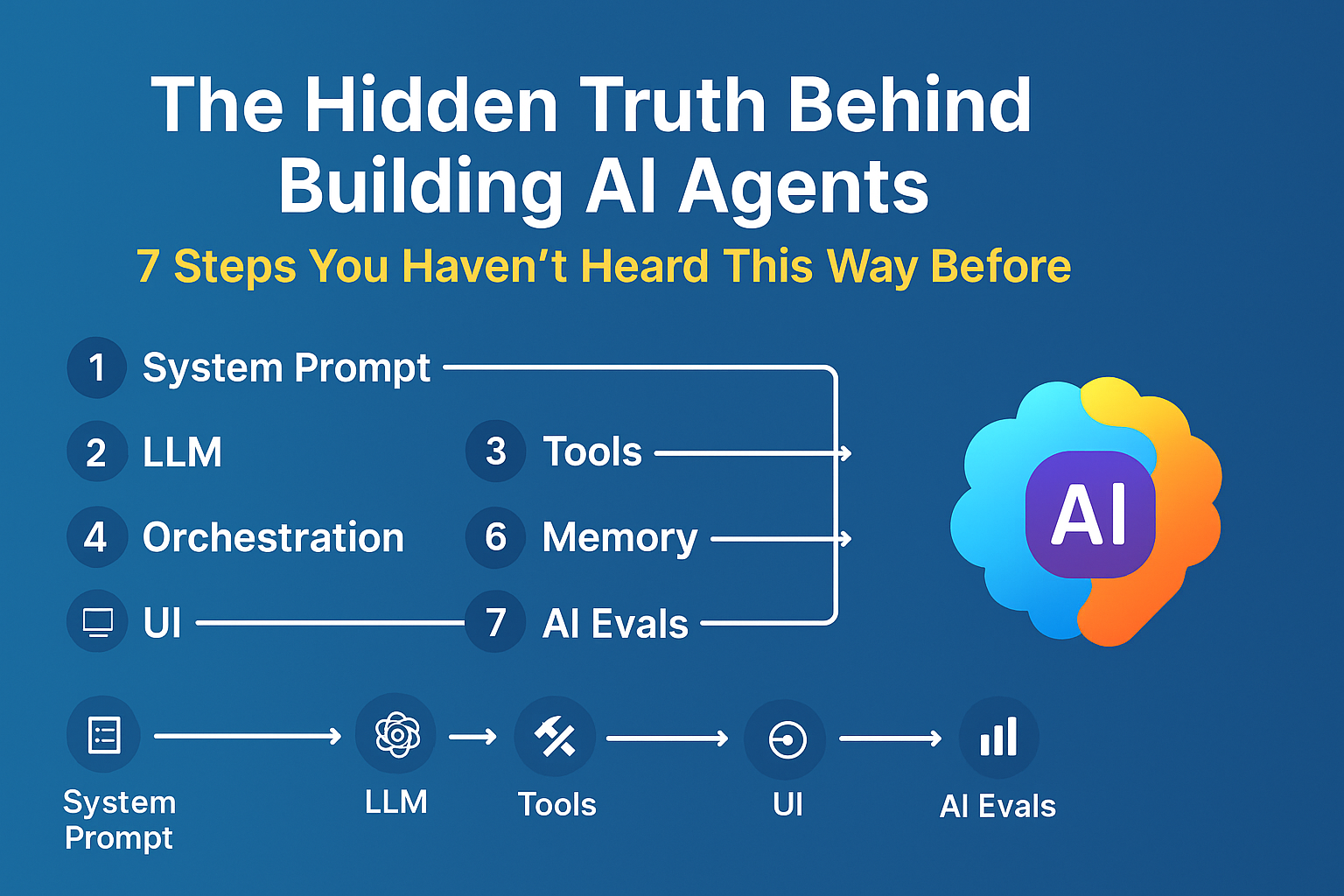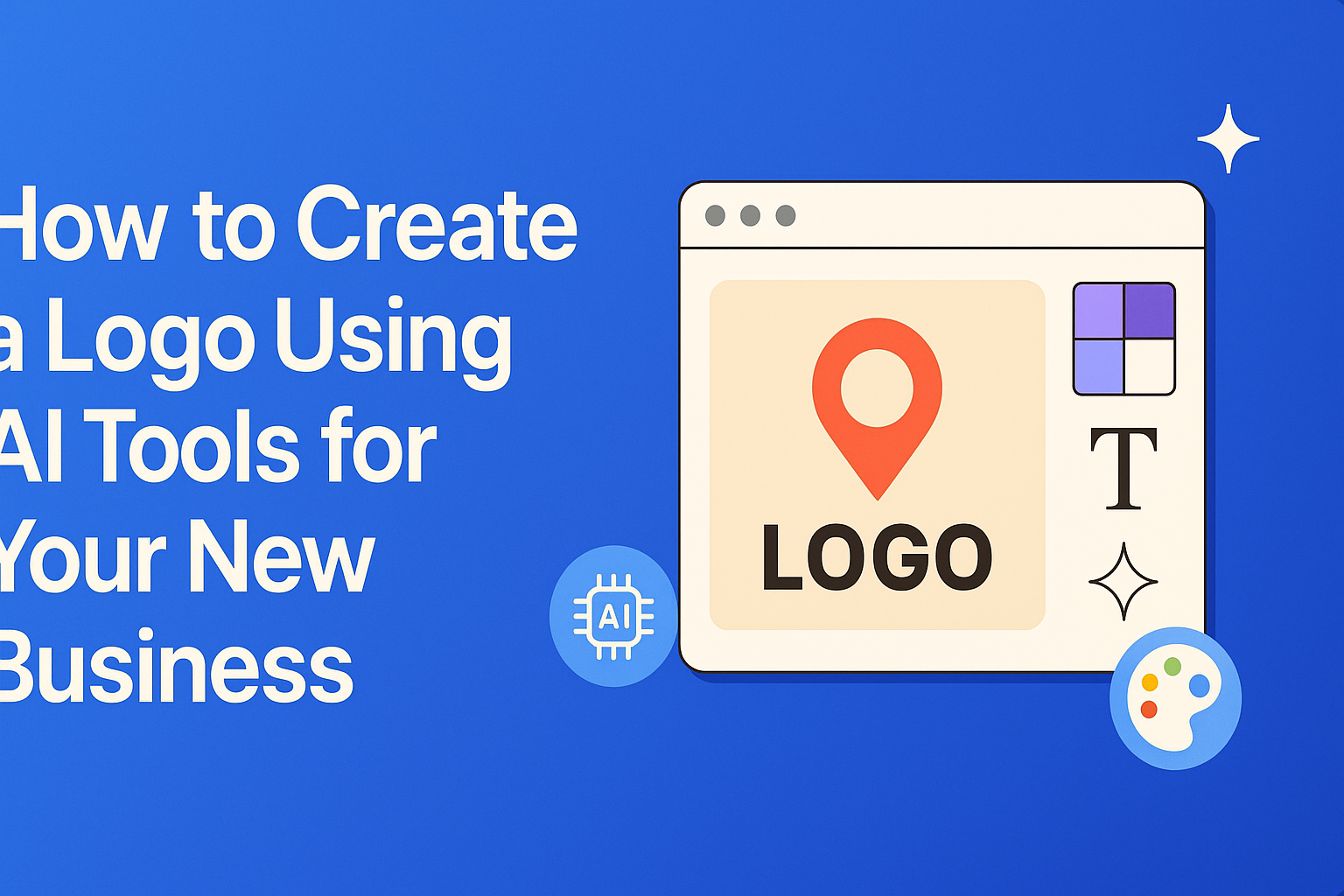Listen Now Our Blog Podcast
Getting your Trinity Audio player ready... |
The AI (Artificial Intelligence) Officer
The winds of change are swirling, and artificial intelligence (AI) sits at the heart of the storm.
Organizations are scrambling to harness its power, but the path is fraught with risks and complexities. Enter the AI Officer, a rising star in the business firmament, tasked with navigating these uncharted waters.
But what exactly does this enigmatic role entail? Let’s peel back the layers and explore the responsibilities, impact, and future of this crucial position.
Beyond the Buzzword: The AI Officer’s Multifaceted Role
Forget the image of a lone tech wizard shrouded in mystery. The AI Officer is a multifaceted leader, balancing technical expertise with strategic vision, ethical awareness, and business acumen.
Here’s a breakdown of their key responsibilities:
1. Architecting the AI Strategy:
Think of the AI Officer as your AI architect. They don’t just dabble in cool tech; they meticulously craft a comprehensive AI strategy aligned with your organization’s goals and values. This involves:
- Identifying opportunities: They scan the landscape, pinpointing areas where AI can revolutionize processes, from streamlining operations to personalizing customer experiences.
- Prioritizing initiatives: Not all AI projects are created equal. The AI Officer prioritizes initiatives based on potential impact, feasibility, and alignment with your overall strategy.
- Developing a roadmap: They create a clear roadmap for AI implementation, outlining milestones, timelines, and resource allocation.
2. Championing Ethical AI:
AI algorithms are powerful, but they can also be biased and opaque. The AI Officer acts as your ethical guardian, ensuring your systems are fair, transparent, and accountable. This involves:
- Identifying and mitigating bias: They proactively identify potential biases in data and algorithms, implementing strategies to mitigate their impact.
- Ensuring transparency: They establish clear communication channels, explaining how AI systems work and the data they use.
- Adhering to regulations: They keep a close eye on evolving legal and regulatory frameworks, ensuring your AI practices comply with all relevant standards.
3. Translating AI into Business Value:
The AI Officer isn’t just a tech whiz; they’re a business translator. They bridge the gap between technical jargon and tangible business outcomes. This involves:
- Measuring impact: They go beyond technical metrics, measuring the real-world impact of AI initiatives on revenue, cost savings, and customer satisfaction.
- Communicating value: They translate complex technical concepts into clear, concise language that resonates with business leaders and stakeholders.
- Driving adoption: They champion AI across departments, fostering collaboration and ensuring everyone is on board the AI journey.
The Impact of an AI Officer: Beyond Hype, Tangible Results
The benefits of having an AI Officer extend far beyond just checking a box. Here’s how they can impact your organization:
- Increased efficiency and productivity: AI-powered automation can streamline processes, freeing up valuable human resources for more strategic tasks.
- Enhanced decision-making: AI can analyze vast amounts of data, providing insights that lead to better-informed decisions.
- Improved customer experience: AI-powered personalization and chatbots can deliver more engaging and satisfying customer experiences.
- Competitive advantage: By embracing AI responsibly, you can stay ahead of the curve and gain a competitive edge in your industry.
The Future of the AI Officer: A Role in Constant Evolution
The AI landscape is constantly evolving, and so too must the role of the AI Officer. Here’s what the future holds:
- Focus on explainability and interpretability: As AI systems become more complex, the need for explainability and interpretability will grow, requiring AI Officers to be well-versed in these areas.
- Collaboration with other disciplines: The AI Officer will increasingly collaborate with other disciplines, such as ethics, law, and social sciences, to ensure responsible AI development and deployment.
- Lifelong learning: The ever-changing nature of AI demands continuous learning and upskilling. AI Officers will need to stay ahead of the curve by actively engaging in professional development.
The AI Officer isn’t just a trendy title; it’s a strategic investment in your organization’s future.
By understanding their multifaceted role and potential impact, you can make an informed decision about whether this crucial position is right for your organization.
Remember, the AI revolution is here to stay, and the AI Officer is your guide to navigating its complexities and unlocking its transformative potential.
AI Officer Salary Range
AI Officer Salary Ranges Country-by-Country Breakdown
The demand for AI Officers is soaring worldwide, reflecting the growing importance of responsible and strategic AI adoption.
But how much does this coveted role pay, and how do salaries vary across different countries? Here’s a glimpse into the global AI Officer salary landscape:
North America:
- United States: Expect a range of $100,000 to $200,000 annually, with higher salaries concentrated in tech hubs like San Francisco and New York City. Experience, education, and industry specialization significantly impact earnings.
- Canada: Salaries fall slightly lower, ranging from $80,000 to $150,000 annually. Toronto and Vancouver offer the highest paychecks.
Europe:
- United Kingdom: AI Officers in the UK command salaries between £50,000 and £80,000 per year. London is the highest-paying city, followed by Manchester and Cambridge.
- Germany: German AI Officers earn €45,000 to €70,000 annually. Major cities like Berlin and Munich offer more competitive salaries.
- France: French AI Officers typically earn €40,000 to €60,000 per year. Paris remains the highest-paying city.
AI Officer Salary Ranges Given in their local currencies from UK to China

Asia:
- Singapore: With its booming tech scene, Singapore offers attractive salaries for AI Officers, ranging from S$100,000 to S$150,000 annually.
- India: AI Officers in India earn ₹800,000 to ₹1,500,000 annually. Major cities like Bangalore, Mumbai, and Delhi offer better compensation.
- China: Salaries for AI Officers in China vary greatly depending on experience and location. Expect a range of ¥500,000 to ¥1,000,000 annually, with major cities like Beijing and Shanghai offering the highest pay.
Important Note:
These are just general ranges, and individual salaries can vary significantly based on:
- Experience: More experienced AI Officers naturally command higher salaries.
- Education: Advanced degrees like Ph.D in relevant fields can boost earning potential.
- Industry: Certain industries, like finance and tech, typically offer higher salaries for AI talent.
- Company size and reputation: Larger and more well-established companies often offer more competitive compensation packages.
Looking beyond the numbers:
While salary is certainly an important factor, remember that it’s not the only consideration when choosing an AI Officer role. Consider factors like work culture, growth opportunities, and alignment with your values when making your decision.




